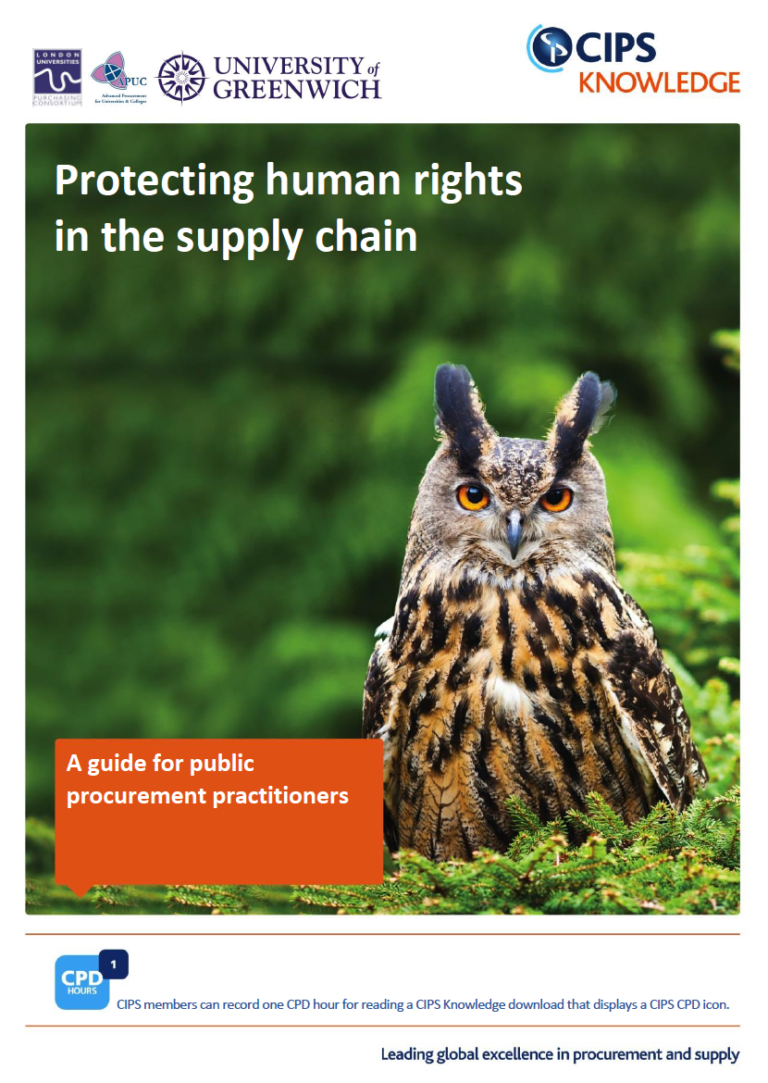Modern Slavery Response and Remedy Framework
GuidanceStandards & Codes of ConductThis Modern Slavery Response & Remedy Framework (the Framework) has been designed in collaboration with Minderoo Foundation’s Walk Free initiative and the Human Rights Resources and Energy Collaborative (HRREC). HRREC is a group of Australian ...Read More

